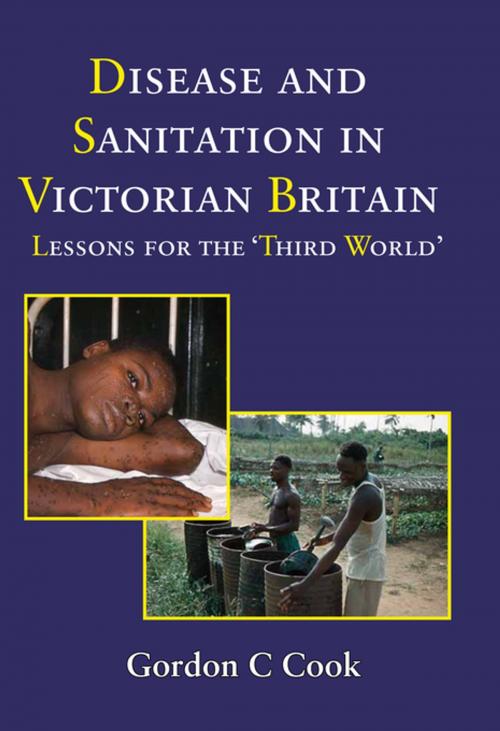Disease and Sanitation in Victorian Britian
Lessons for the Third World
Nonfiction, Health & Well Being, Medical, Reference, History, Ailments & Diseases, Diseases| Author: | Gordon Cook | ISBN: | 9781910792896 |
| Publisher: | Melrose Books | Publication: | February 14, 2017 |
| Imprint: | Melrose Books | Language: | English |
| Author: | Gordon Cook |
| ISBN: | 9781910792896 |
| Publisher: | Melrose Books |
| Publication: | February 14, 2017 |
| Imprint: | Melrose Books |
| Language: | English |
This book highlights the huge advances made in prevention of infectious disease(s) in Victorian Britain. The actual cause of most disease was then unknown, as it was throughout most of the nineteenth century, but it was awareness of their association with poverty, overcrowding, poor ventilation and imperfect sanitation which underlay principal advances. Whilst most texts have concentrated on these crucially important matters, this book brings to light many of the leading pioneers. Late in the Victorian era, the true cause of infectious disease emerged (the ‘germ-theory’ was slowly being accepted) and vague external influences, such as miasmas and other telluric sources no longer dominated the scenario. Today most disease in developing countries is of an infectious nature, and affected individuals can presently be cured with antimicrobials or anti-parasitic agents. In this author’s opinion this has been associated with a relative neglect of preventive strategies. Developing countries therefore have much to learn from the enormous strides made in preventive medicine during Britain’s Victorian era.
This book highlights the huge advances made in prevention of infectious disease(s) in Victorian Britain. The actual cause of most disease was then unknown, as it was throughout most of the nineteenth century, but it was awareness of their association with poverty, overcrowding, poor ventilation and imperfect sanitation which underlay principal advances. Whilst most texts have concentrated on these crucially important matters, this book brings to light many of the leading pioneers. Late in the Victorian era, the true cause of infectious disease emerged (the ‘germ-theory’ was slowly being accepted) and vague external influences, such as miasmas and other telluric sources no longer dominated the scenario. Today most disease in developing countries is of an infectious nature, and affected individuals can presently be cured with antimicrobials or anti-parasitic agents. In this author’s opinion this has been associated with a relative neglect of preventive strategies. Developing countries therefore have much to learn from the enormous strides made in preventive medicine during Britain’s Victorian era.















